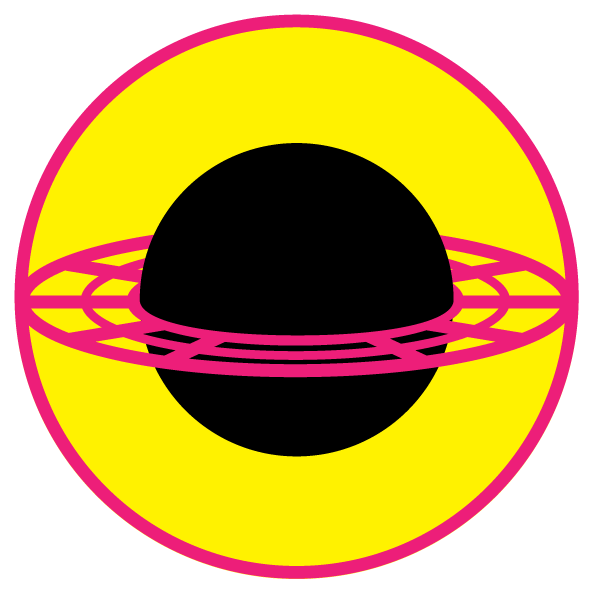Love itself became the object of her love.
•
• count sadnesses
• more quotes
space + pixels
places to go
nobody to see
nobody to see
A map of the universe
·
If you like space, you'll love my the 12,000 billion light-year map of clusters, superclusters and voids. Find the biggest nothings in Boötes and Eridanus.The largest map there is shows the location of voids and galaxy superclusters in our visible universe.
She looks like the Moon
and I can be the world
and I can be the world
The Moon, near side
Expect stunning vistas, infinite line of sight and zero fresh air. Bring a space suit.
The map is based on the 3.6 gigapixel image of the near side of the moon taken by the Lunar Reconnaisance Orbiter Camera. Topological annotations taken from Gazetteer of Planetary Nomenclature by the International Astronomical Union (IAU) Working Group for Planetary System Nomenclature (WGPSN). The resolution is 100 meters per pixel.

▲ Icons and typography for lunar topological features.
Click on one of the tabs below to select a list of hotspots for quick navigation. Some lists may take 5—10 seconds to load. Use the toolbar at the bottom of the map to apply filters and select lists.
Initial map viewport is centered on Taurus-Littrow valley (Apollo 17 landing site, 20.19080°N 30.77168°E).
Martin Krzywinski | contact | Canada's Michael Smith Genome Sciences Centre ⊂ BC Cancer Research Center ⊂ BC Cancer ⊂ PHSA
{ 10.9.234.151 }
